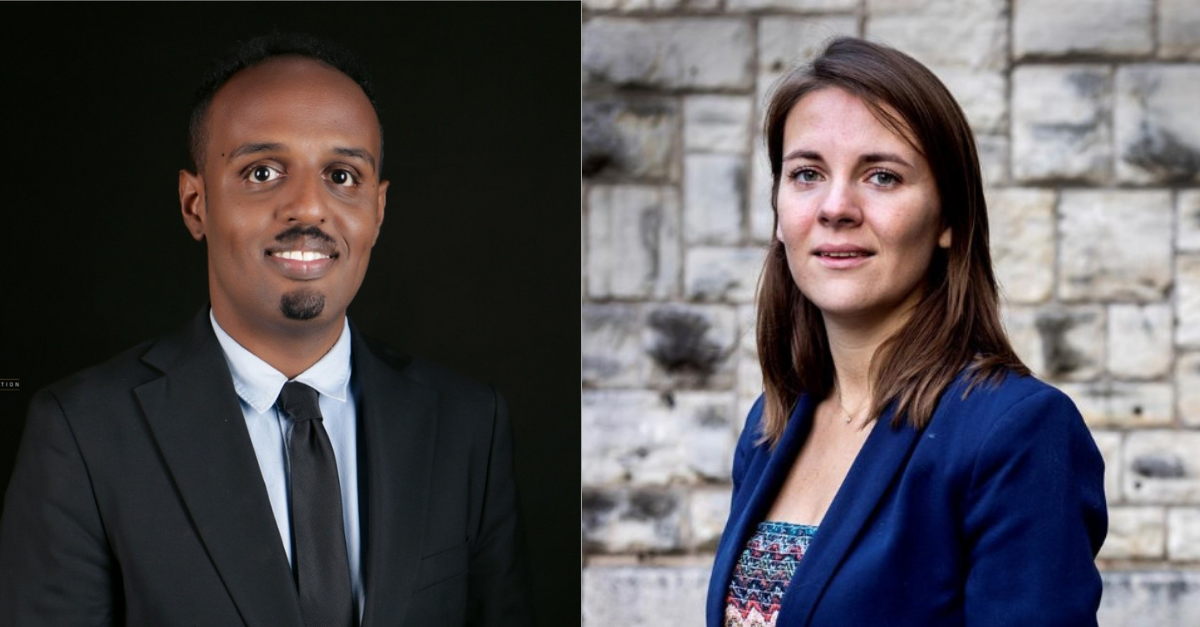Bram Akkermans will deliver his inaugural lecture: ’Sustainable Property Law. Reckoning, Resilience, and Reform’
On Friday 22 April 2022 M-EPLI fellow Bram Akkermans will deliver his inaugural lecture as Maastricht’s Professor of Property Law titled ’Sustainable Property Law. Reckoning, Resilience, and Reform’. The lecture’s focus on sustainability fits very well within M-EPLI’s research programme investigating the role private law can and perhaps should play in achieving a more sustainable society.
It is often held that the law is neutral and that it is made in such a way that we can give it shape and adapt it to various societal circumstances. This applies especially to the law of property, also known as the law of things - whatever these things may be, that provides us building blocks of our market economy. We can think in this respect of freedom of ownership - especially private ownership - free circulation of goods and as much party autonomy as we can fathom. We have not arrived at this since yesterday; property law has been around in most of its current form for hundreds and sometimes thousands of years. In a different time and in a different legal system, Roman law awarded much of the same positions as current-day property rights with real actions, thus allowing these to be invoked against everyone else. After a long period of feudalism, a sophisticated property law system in itself, the French and American Revolutions promised us liberty, equality, brotherhood and the pursuit of happiness.
However, crisis after crisis in the past decades has brought to the forefront a negative side that remained previously hidden for many. Increased occurrence of natural disasters, global financial and health crises all show that the current way in which property is used creates many undesired effects. That realisation brings us to a crossroad where we need to decide how to move forward. Do we continue with our current application of property law, thus likely increasing wealth, but also continuing to negatively affect climate change by how we use our property and continuing to accept inequality in who is able to hold and accrue property, or do we seek to reconfigure our property law to incorporate change? We can and must so on by examining these negative effects (reckoning), by visualizing what a different system of property law should look like (resilience) and by taking the first steps to rewire the law of property (reform).
Also read
-
The Dutch Research Council (NWO) awarded a grant for the new research project CHILD-WAR by Dr. Marieke Hopman and Dr. Guleid Jama.
-
How can and should the government respond to the current low participation in the national immunization programme? Can certain forms of coercion be justified? The book Inducing Immunity? Justifying Immunisation Policies in Times of Vaccine Hesitancy provides answers.
-
On Friday 17 November 2023, the ITEM annual conference was held at the county hall in The Hague, focusing on the theme of mobility and infrastructure. The joint finding was that much remains to be done to raise awareness of the necessary priority, to deploy (existing) instruments and the possibility...


